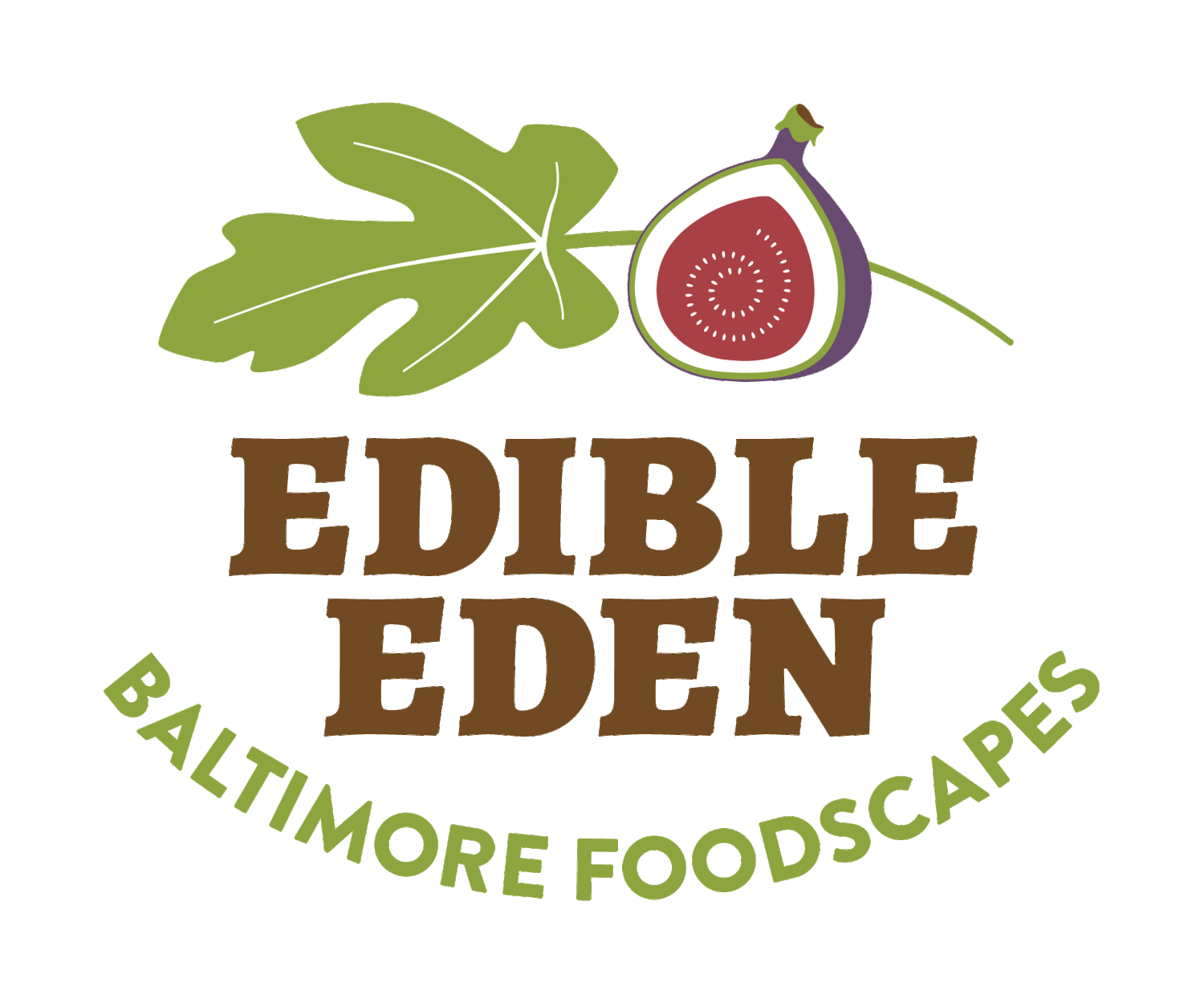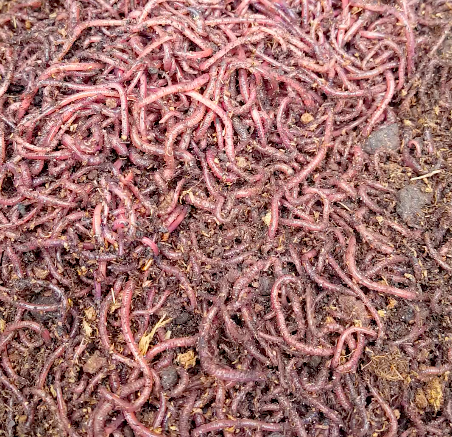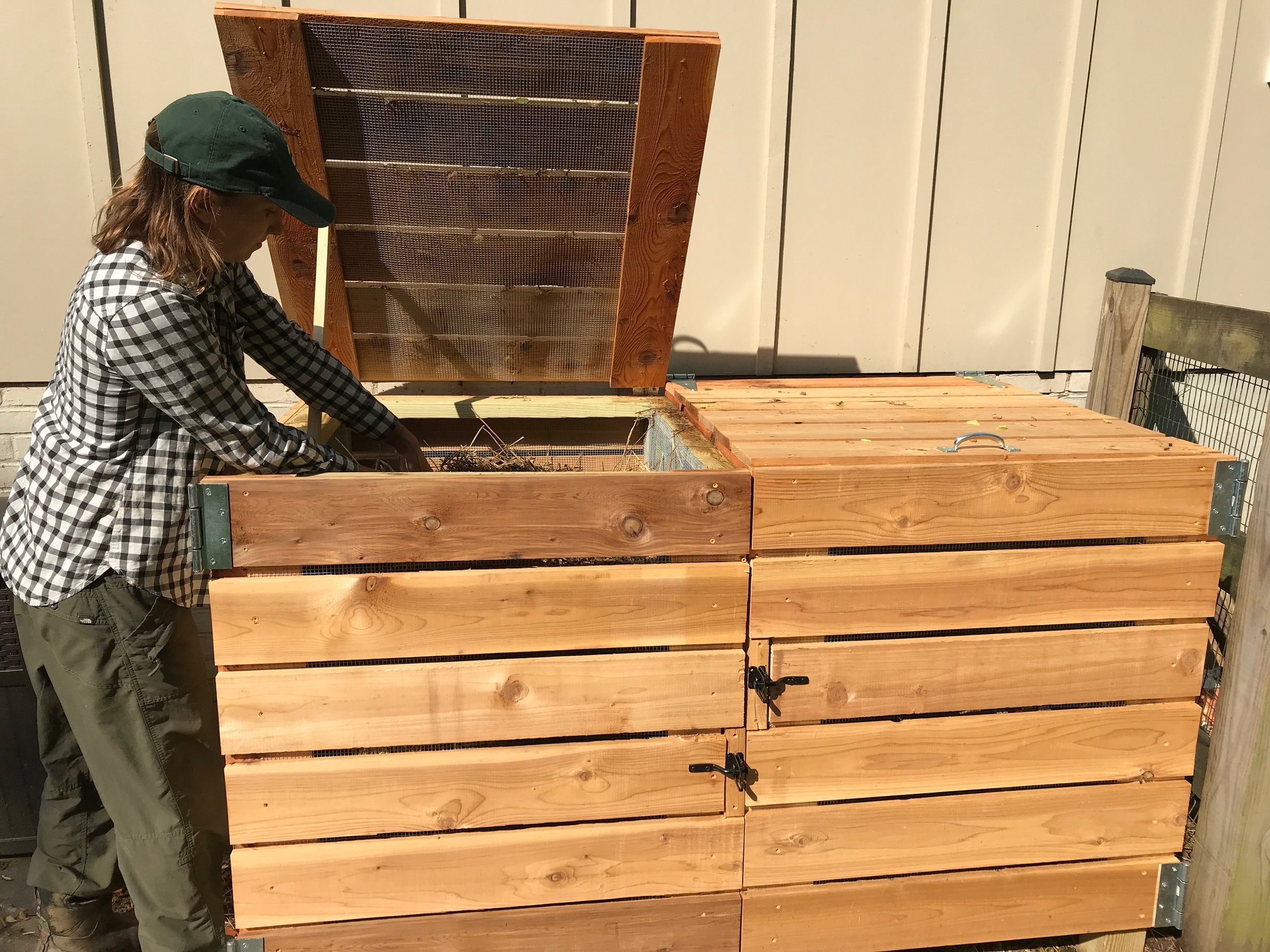Did you know that food waste accounts for 38% of global methane production? Methane is a greenhouse gas that is more damaging to the environment than CO2. Cutting down on food waste could be as effective in fighting climate change as cutting down on driving cars.
photo from alisorganics.com
So what can you do to help? Well, first of all - eat those left-overs! Use those greens before they go bad! Get creative with your cooking to use the rest of that buttermilk that you bought for a single batch of biscuits (yes, we’re looking at you)! And finally, compost!
There are more options than ever for households to compost. For quick, convenient, and hands off options consider dropping your weekly compost off at a Farmer’s Market or urban farm, or consider signing up for a compost collection service. But if you’re looking to be more involved with your food scraps and want to keep all of that nutritious fertilizer for yourself - consider composting at home.
Red Wiggler worms
You may have seen large three-bin systems, compost piles, or tumblers - these are great options if you have a spacious yard where they can hide, large amounts of food and lawn waste, and patience. But if you have limited space and want to see a finished product quickly, we recommend getting a worm bin. Worm bins can live inside (or out) making composting those food scraps just as easy as tossing them in the trash. Worm composting (Vermicomposting) is also the fastest way to convert your food scraps into ready-to-use, rich compost.
Want to start composting but don’t know where to start? We’re happy to work with you to determine which system works best for your lifestyle, to install a composting system, and/or to host an introductory workshop! Send us an email today at info@edibleedenfoodscapes.com to get started!
Edible Eden’s two bin aerobic composter




